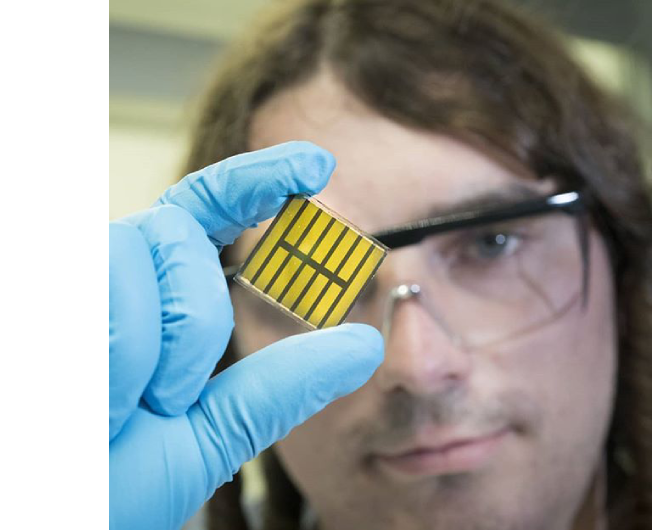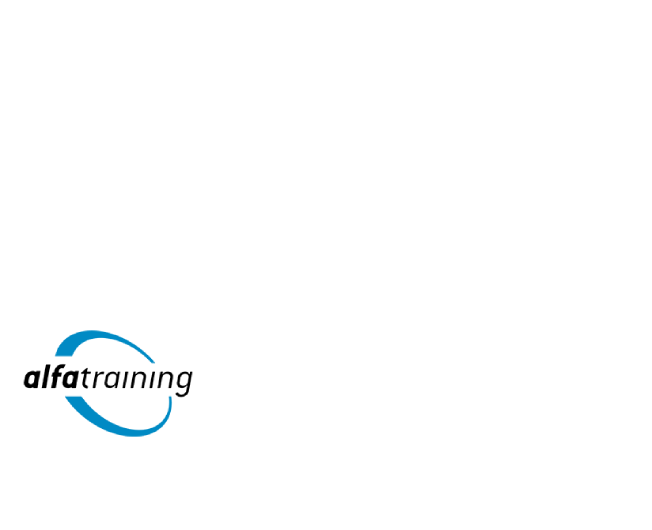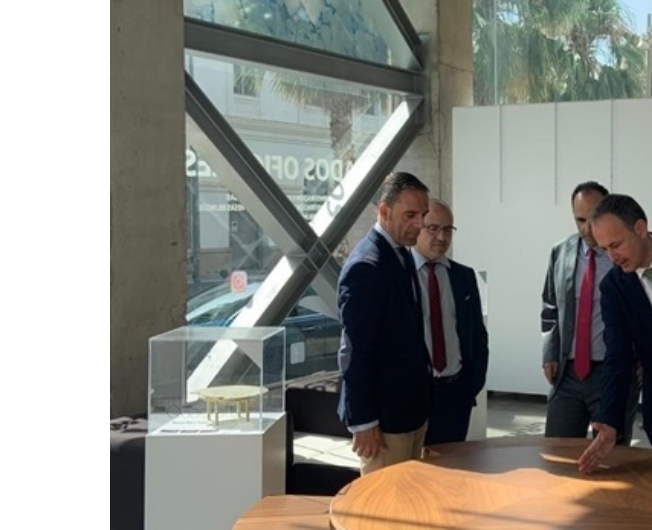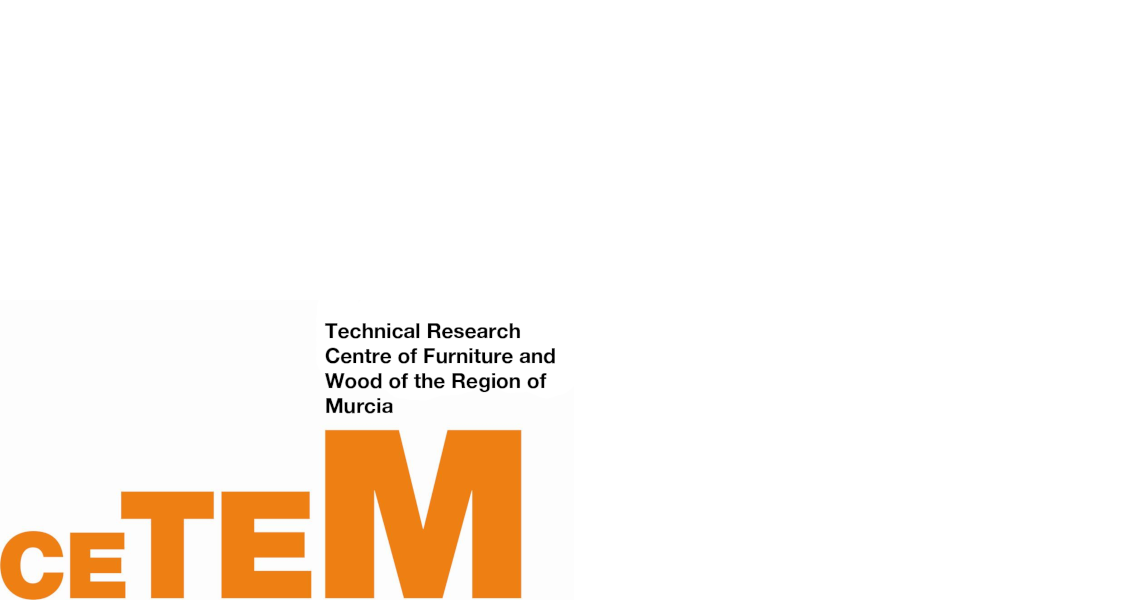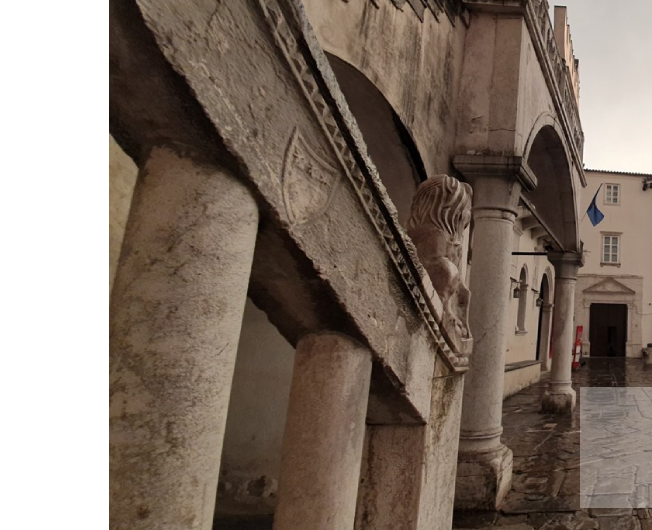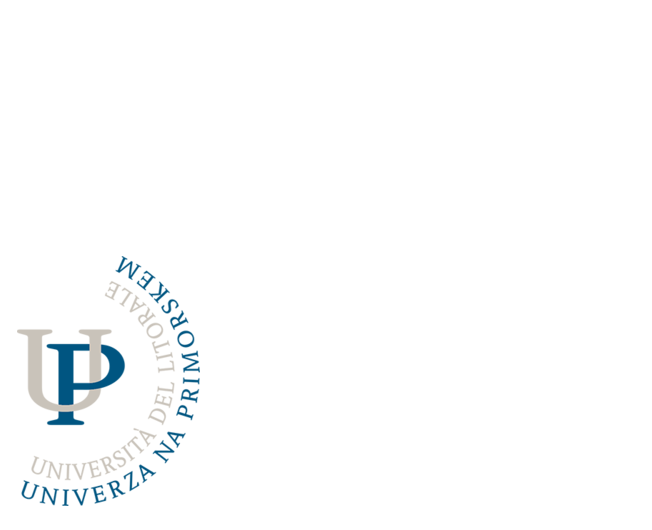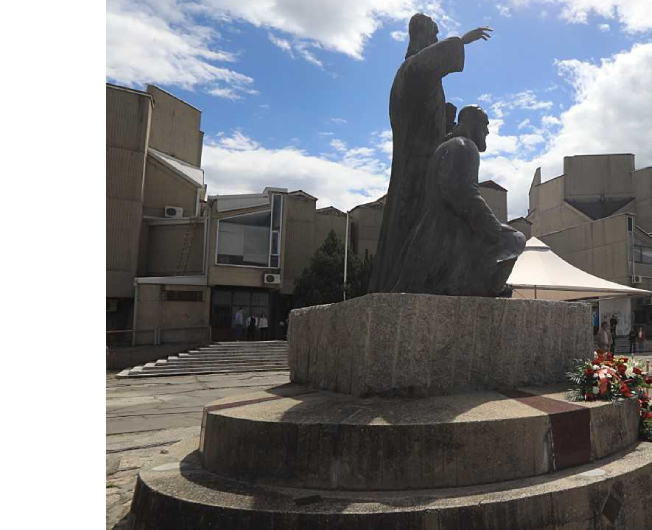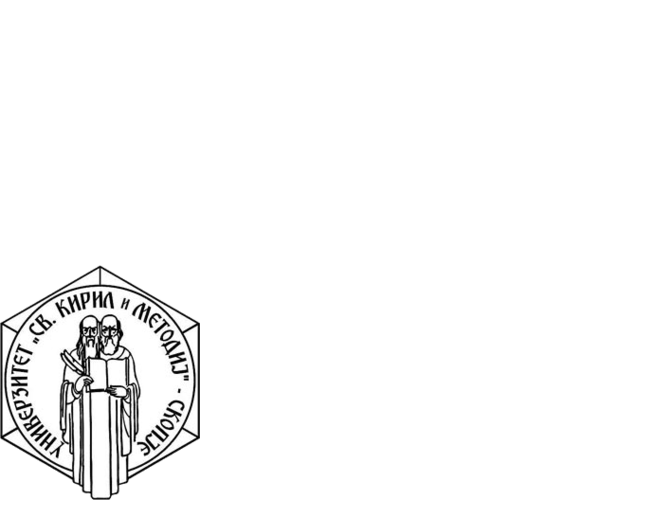With more than 9,000 employees and an annual budget of about EUR 785 million, KIT is one of the biggest researches and education institutions worldwide and has the potential of reaching a top position in selected research areas on an international level. The objective is to turn KIT into an institution of top research, excellent scientific education, and a prominent location of academic life, life-long learning, comprehensive advanced training, unrestricted exchange of know-how, and sustainable innovation culture.
buildingSMART Germany is the German organization of buildingSMART International
The German chapter of buildingSMART International (bSI) was founded in 1995 (at that time as the “International Alliance for Interoperability” – IAI e.V.) on the initiative of leading German planning, execution and construction software companies in order to promote the then still new model-based, more intelligent planning methods in Germany, Austria and Switzerland. A central point is the improvement of the constantly unsatisfactory data exchange due to missing or insufficient IT interfaces in the construction industry.
The main task of the association is the further development and standardization of the open, i.e. manufacturer-neutral, information exchange in BIM projects and the definition and standardization of corresponding work processes.
Niko Fostiropoulos – Founder & CEO of a leading education center in Germany
Niko Fostiropoulos studied architecture at the University of Karlsruhe. He has worked several years in the field of architecture and operated especially as an expert for CAD-software. Moreover Niko Fostiropoulos managed an education center in Germany. In 2005 he founded the company alfatraining, which provides publicily-funded trainings for professional development, further training for companies and extended vocational trainings for individuals. Furthermore Niko Fostiropoulos is also the founder of the company alfaview®. alfaview® ist a high-quality video conferencing software, which is developed inhouse and used for all training programms of alfatraining since 2010.
CETEM is a non-profit scientific research and training organisation located in the south east of Spain.
CETEM was created due to an initiative by private companies from the furniture and habitat sectors of the Region of Murcia, and established in 1995 with the initial support of the regional government, the Spanish Ministry of Industry and the European Union. CETEM is formed by 30 professionals with different backgrounds: engineering, technology transfer, business administration, chemistry, psychology, teaching, design, etc. The scope of experience actively contributes towards the socio-economic development of companies by providing support and promoting processes of technology, innovation and development, such as strategies of competitiveness in the business environment and training programmes.
Ageing Lab Foundation
Ageing Lab Foundation is a private and non-profit entity whose main objective is to develop a network of knowledge about Aging. Within the Scope of Andalusian and international vocation, Ageing Lab promotes a generation of synergies between the different stakeholders involved in the aging process, building a multidisciplinary vision that allows comprehensive answers to be given contributing to the construction of a society for all ages.
Ageing Lab Foundation is developed in parallel in two main lines of action: generation and transfer of knowledge, diffusion and dissemination of science. Its activities are developed along four areas:
- EDP, Dignified and Positive Ageing intervention model.
- Living social lab in real environments.
- Independent Living, studying the barriers that prevent an independent life in adults people
- Active Ageing: activities that lead to an active ageing, such as training for older people, which promote physical, mental training, facilitate the social, emotional, relationships as well as the learning of technology.
The University of Primorska was founded in 2003 and is Slovenia’s youngest university.
It is located on Slovenia’s coast where the geography, culture, and active lifestyle offer researchers, students, and visitors a distinct experience in Slovenia. As a young university competing for students in Slovenia, UP has worked hard to differentiate its degree programmes, recruiting methods, and culture from other universities. These efforts have delivered innovative degree programmes, that are often notably interdisciplinary but founded on two fundamental pillars: (1) mathematics, natural sciences. and technology, and (2) humanities and social sciences. This support for innovative and interdisciplinary research and education lead to the development of a research group with expertise in material science, the built environment, human health, and ICT.
The research conducted by this group, and supported by internal, and international cooperation, lead to the implementation of Sustainable Built Environments Master’s degree programme, where topics such as human health in buildings that address habitats for older adults and technological solutions like building information models are taught in a structured programme. Other university faculties address topics related to aging as well (Faculty of Health Sciences, Faculty of Humanities, Pedagogical Faculty) and can be consulted to ensure topics covered by UP offer a range of perspectives and the application of diverse expertise.
Saints Cyril and Methodius University of Skopje, North Macedonia
The Ss. Cyril and Methodius University in Skopje is the first state University in the Republic of North Macedonia, founded in 1949, initially with three faculties. At the moment, the University represents a functional community of 23 faculties, 5 research institutes, 4 public scientific institutions – associate members, 1 associate member – other higher education institution and 7 associate members – other organizations. Its activities are stipulated by the Law on Higher Education and the Statute of the University.

